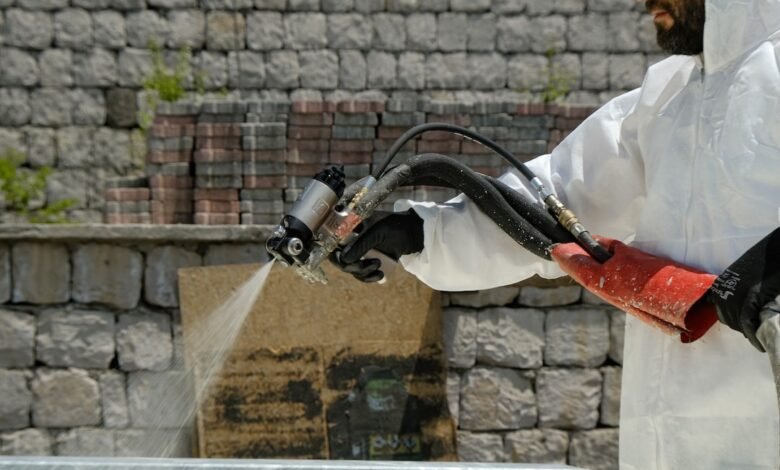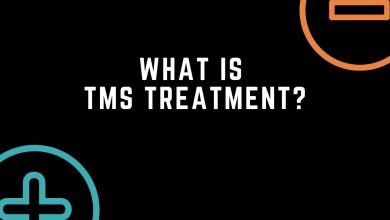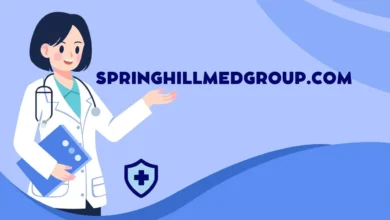The Environmental Impact of Pest Spray: What You Should Know

Pest spray is a common solution for controlling insect invasions. But, have you ever considered its effect on the environment?
Many don’t realize the harm pest spray can inflict beyond targeting pests. These chemicals don’t just disappear; they seep into our soil and water systems.
This contamination can affect non-target insects and wildlife. Making informed decisions about pest spray is essential for ecological balance.
Embracing eco-friendly alternatives can make a significant difference. Let’s explore why choosing the right pest spray matters for our planet’s health. Read on!
Understanding Pest Sprays
Pest sprays are chemicals that help get rid of pests, like insects. They can be made from artificial ingredients or natural insecticides and come in different forms, like spray cans or liquids.
While they work well for pest problems, they can also harm the environment if not used correctly. Using too much or applying them the wrong way can pollute the soil, water, and air, which is bad for nature.
The Effects on Non-Target Species
One big concern with pest sprays is how they can harm helpful insects like bees and butterflies. Many pest control methods kill not just the bad pests but also these important pollinators.
When these non-target insects decline, it can upset local environments, which affects food production and the growth of plants. This is especially worrying because pollinators are essential for farming and nature.
Water Contamination Issues
Pest sprays can wash into nearby rivers, lakes, and groundwater when it rains or during watering plants. This can pollute the water and harm fish and other creatures living there, which can reduce the variety of life in those ecosystems.
Even tiny amounts of these chemicals can be dangerous for aquatic animals. That’s why it’s important to think about how close you are to water sources when using pest sprays.
Soil Health and Microbial Life
Soil is really important for our environment. It helps plants grow and is home to many tiny creatures. When we use pest sprays, they can harm the good microbes in the soil that help break down dead plants and support healthy growth. Keeping our soil healthy is key for farming and protecting the environment!
Sustainable Alternatives
Traditional pest sprays can harm the environment, so it’s important to look for sustainable options. Integrated Pest Management (IPM) uses different methods to control pests, like using natural predators, changing the environment, and adjusting how we care for our plants.
By focusing on prevention and using safe methods, you can lessen your need for chemical sprays. Additionally, consider products that are labeled as environmentally friendly, such as those from pest control services like Enviro Guard.
Making Informed Choices
As a consumer, you can impact the market by choosing pest control products carefully. Always check the labels and choose products that are safe for the environment.
Learn about the ingredients and how they can affect your home and nature. By being smart about pest management, you can help create a healthier planet for future generations.
Rethinking Pest Spray for Our Planet
Using pest spray needs to be carefully thought out to protect the environment. Significant and worrying effects could happen to species that are not the target.
Protecting the environment should be our top priority when choosing a pesticide. How healthy the soil and water are can be greatly affected by the choices we make.
Our efforts to rethink how we use pesticides help build a more sustainable future. For a healthier world, let’s switch to managed pest control methods that are based on facts.
Did you like this guide? Great! Please browse our website for more!




